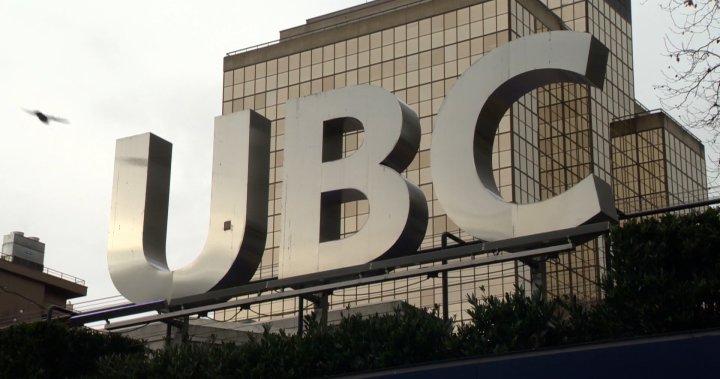Human rights activists are furious with the University of British Columbia for renting out one of its classrooms to the Government of Hong Kong for a recruitment exam related to the 2020 National Security Law (NSL) on Dec. 7. The NSL, created in response to protests in Hong Kong in 2019, criminalizes secession, subversion, terrorism, and collusion with foreign organizations. Activists believe that allowing the recruitment exam on UBC’s campus raises serious national security concerns for Canada, as successful candidates are required to swear allegiance to the Hong Kong and Beijing governments, potentially enabling the infiltration of foreign authoritarian influence into Canadian society.
The Chinese Canadian Concern Group on the Chinese Communist Party’s Human Rights Violations expressed disapproval of UBC’s decision in a letter to the university’s president, Dr. Benoit-Antoine Bacon. The organization called the NSL a draconian law that suppresses fundamental rights, including free speech and freedom of the press. Vancouver East MP Jenny Kwan shared concerns about the Chinese government’s recruitment efforts and the endorsement of the NSL, suggesting that UBC should have taken ethical considerations into account before renting out its space to a government known for human rights violations. Kwan also criticized UBC’s response to the situation, stating that the university should have warned exam takers about the potential implications of the NSL.
UBC responded to the criticisms by emphasizing that it does not endorse the activities, views, or positions of groups renting its spaces and that its role in such situations is limited to the administration of space rentals and ensuring compliance with established policies. The university stated that the event did not violate any laws, regulations, or UBC policies. However, activists like Kwan believe that UBC’s response was inadequate, as it failed to address the ethical implications of renting space to a government with a history of human rights violations. Despite uncertainties about the reasons behind recruiting Canadians, concerns have been raised that the Chinese government may be attempting to enforce the NSL in other countries, such as Canada.
The Chinese government’s recruitment efforts in Canada have raised concerns about the potential spread of the NSL and authoritarian influence beyond Hong Kong. Human rights activists and lawmakers like Jenny Kwan have called on UBC to commit to ensuring that no such recruitment exams related to the NSL happen on the university’s property in the future. The need to uphold democratic values and protect Canadian sovereignty in the face of increasing threats from foreign authoritarian influence is seen as imperative. It remains to be seen how UBC will respond to these calls for action and whether the university will reconsider its stance on renting out its spaces to governments with questionable human rights records.













